SCIENCE
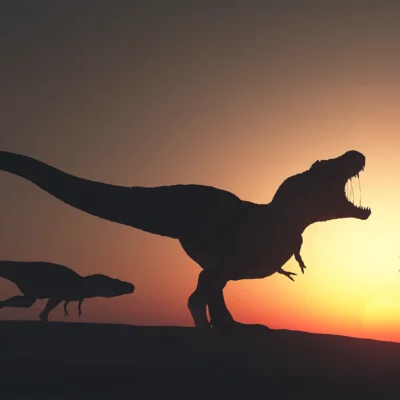
The 10,000-mile march through fire that made dinosaurs possible
- By Neclink.com
- . June 14, 2025
The forerunners of dinosaurs and crocodiles in the Triassic period were able to migrate across areas of the ancient world deemed completely inhospitable to life,
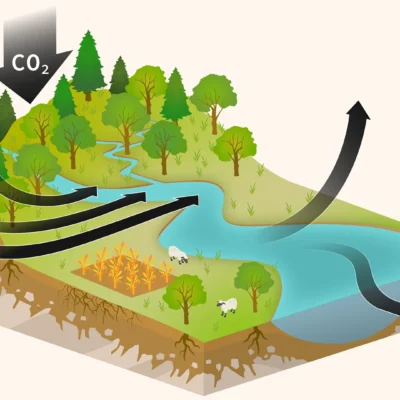
Rivers are exhaling ancient carbon — and climate math just changed
- By Neclink.com
- . June 13, 2025
A new study has revealed for the first time that ancient carbon, stored in landscapes for thousands of years or more, can find its way
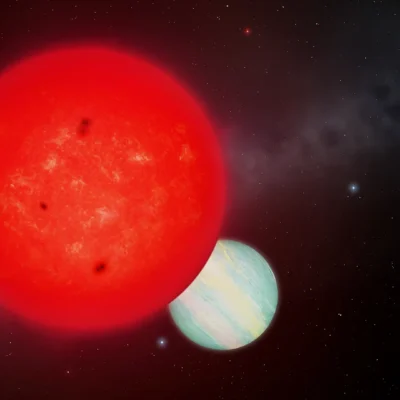
Astronomers just found a giant planet that shouldn’t exist
- By Neclink.com
- . June 12, 2025
Star TOI-6894 is just like many in our galaxy, a small red dwarf, and only ~20% of the mass of our Sun. Like many small
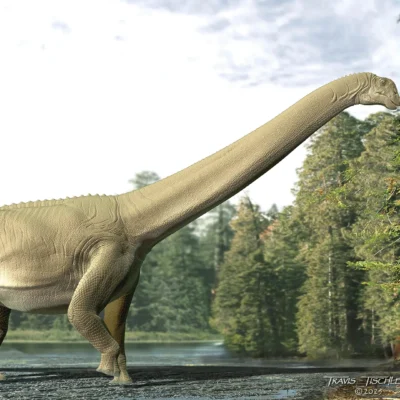
What a dinosaur ate 100 million years ago—Preserved in a fossilized time capsule
- By Neclink.com
- . June 11, 2025
Plant fossils found in the abdomen of a sauropod support the long-standing hypothesis that these dinosaurs were herbivores, finds a study published on June 9
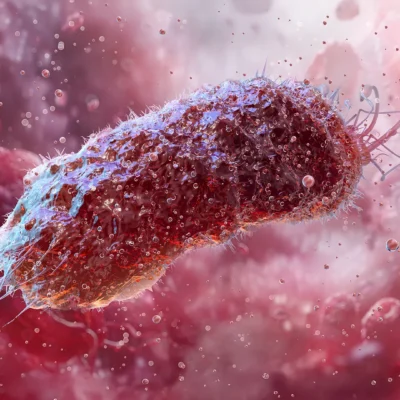
How a common antibiotic fuels bacterial resistance
- By Neclink.com
- . June 10, 2025
Antibiotics are supposed to wipe out bacteria, yet the drugs can sometimes hand microbes an unexpected advantage. A new study from Rutgers Health shows that
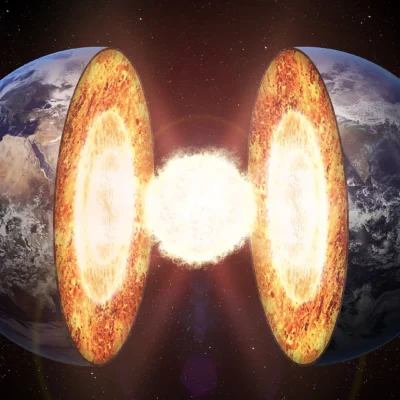
Earth’s core mystery solved: How solid rock flows 3,000 kilometers beneath us
- By Neclink.com
- . June 9, 2025
Earthquakes, volcanic eruptions, shifting tectonic plates — these are all signs that our planet is alive. But what is revealed deep inside the Earth surprises
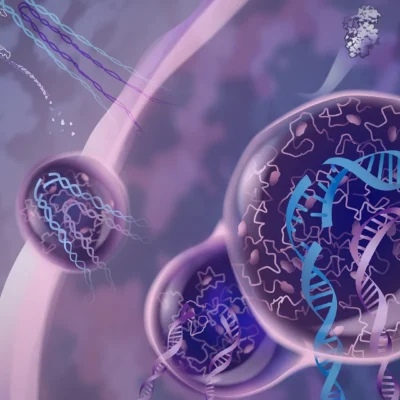
The hidden dna repair system that could transform cancer treatment
- By Neclink.com
- . June 8, 2025
When DNA breaks inside the cell, it can spell disaster, especially if the damage occurs in areas of the genome that are difficult to repair.
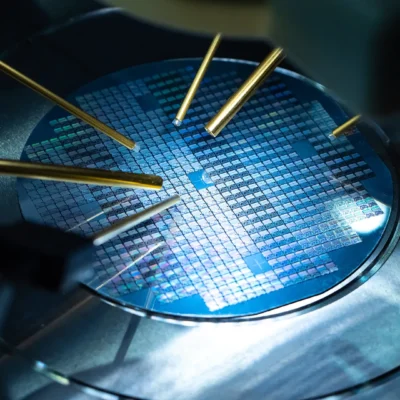
Scientists built a transistor that could leave silicon in the dust
- By Neclink.com
- . June 7, 2025
Hailed as one of the greatest inventions of the 20th century, transistors are integral components of modern electronics that amplify or switch electrical signals. As
Researchers develop innovative model to study sense of smell
- By Neclink.com
- . June 6, 2025
Using a newly devised, three-dimensional model to study the regeneration of nerve tissue in the nose, researchers at Tufts University School of Medicine and the
Telehealth can improve care for cats with chronic health issues
- By Neclink.com
- . June 5, 2025
Caring for a cat with chronic health conditions can be challenging for all involved, from the process of getting to a veterinary clinic to the
